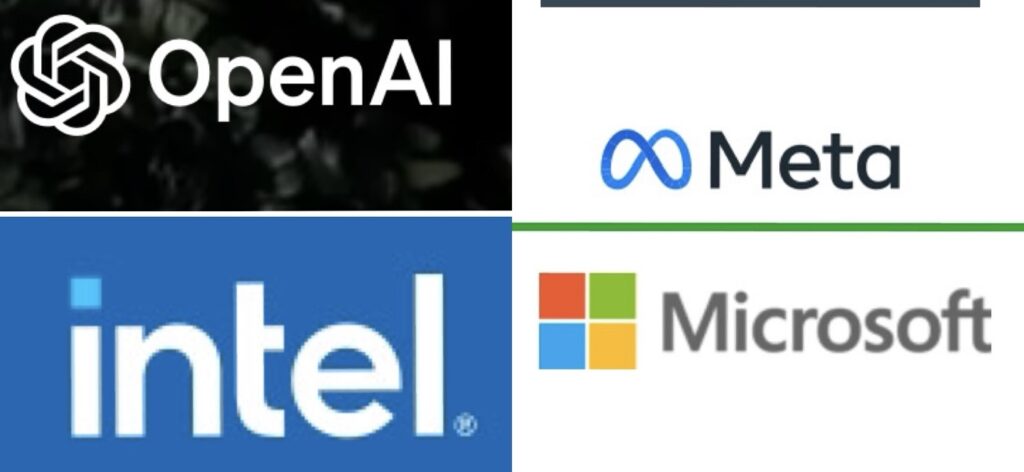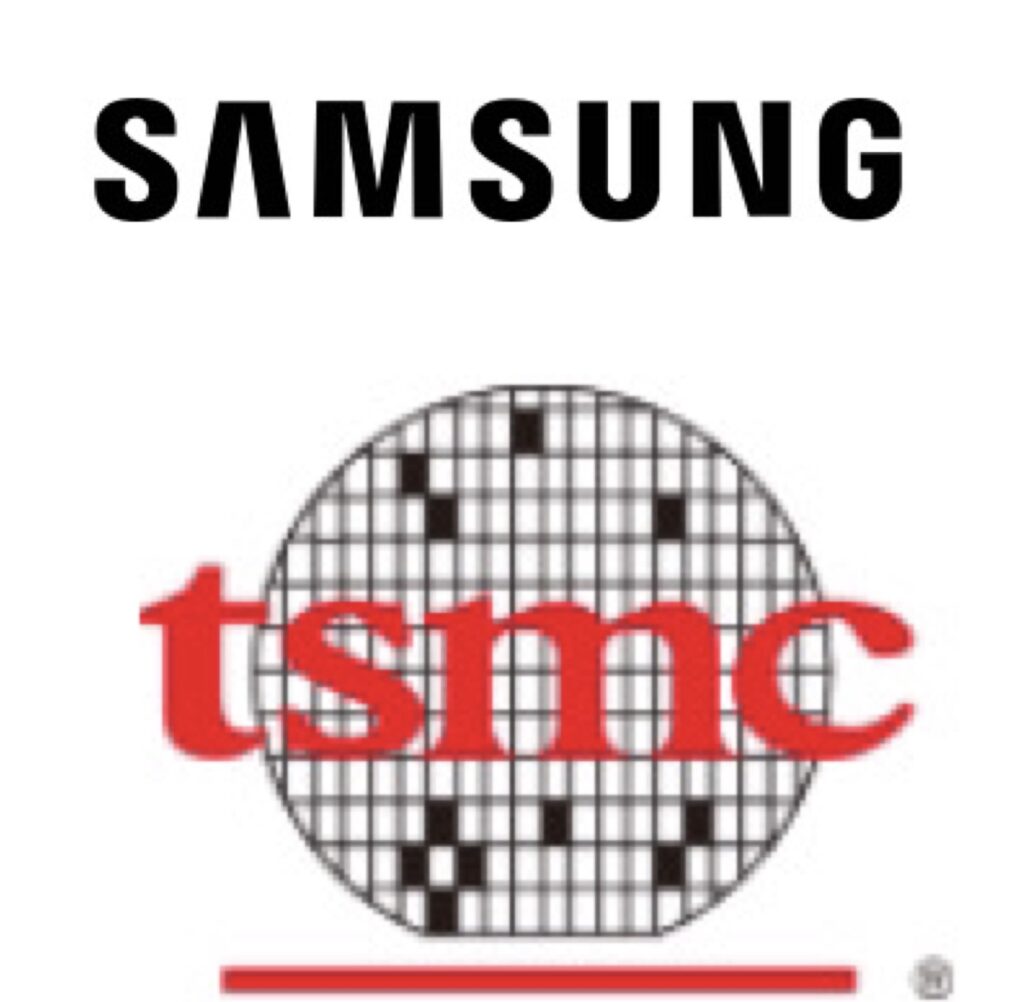
“Artificial intelligence (AI) is transforming the world, and it presents new opportunities for U.S. semiconductors.”
Intel CEO Pat Gelsinger stood on the podium of the Sennage Convention Center on the 21st (local time) and poured out ambitious words such as “rebuilding the U.S. supply chain” and “a foundry leader in the AI era.”
Gelsinger was not the only CEO. At Intel’s first foundry event, IFS Direct Connect 2024, U.S. Secretary of Commerce Gina Lumondo promised continued investment, heralding the “Season 2” of the semiconductor law that provides huge subsidies to the U.S. chip industry. Satya Nadella, CEO of Microsoft, and Sam Altman, CEO of OpenAI, also made an announcement. U.S. AI industry leaders and key U.S. administration officials have all promised to support Intel. What stood out at Intel’s announcement on the day was its roadmap that it would succeed in mass production of 1.4-nm chips by 2027 and Microsoft’s plan to buy 1.8-nanometer chips from Intel. Nano process refers to an ultra-fine process that enhances chip performance by reducing the width of each circuit drawn on a wafer in nano units. TSMC and Samsung Electronics are the only companies that have succeeded in mass production of 3 nanometers. Intel has struggled with 7-nanometer process in the past. Intel’s foundry market share was around 1 percent, and it was uncertain whether it would secure a meaningful customer. Intel has shown such confidence to surpass Samsung because it has secured a strong ally of the U.S. AI ecosystem. Intel announced on the day that it has won orders worth 15 billion U.S. dollars from customers including Microsoft, which has emerged as the world’s No. 1 market capitalization. This is interpreted as the U.S. is trying to rebuild the semiconductor ecosystem based on the explosive growth of the AI industry. U.S. AI big tech companies such as Microsoft, OpenAI, and Meta are now turning their attention to developing their own AI chips to get rid of dependence on Nvidia. They are also eagerly searching for a foundry partner to make customized chips. Microsoft unveiled its own AI chip called the “MyA 100” last year, which the chip industry expects Intel to take charge of production. When asked in a meeting with Gelsinger if he is actually raising 7 trillion dollars to build an AI chip company, OpenAI CEO Sam Altman stressed, “The key is that we need much more chips for AI computing. We need more investment than we have in mind.”

The Silicon Valley flagship company Intel announced in March 2021 that it would re-enter the foundry industry. It was only a month after the Biden administration issued its first executive order to check supply chains in key industries including semiconductors. The executive order came out of concern that high-tech semiconductors were only produced in Taiwan and Korea at the time. Since then, Intel has been acting like a “one-team” with the Biden administration. Gelsinger, CEO, was present at the signing ceremony of the Semiconductor Law in 2022. Intel has since pledged a total of 50 billion U.S. dollars in investments in Ohio and Arizona. It is also considered the biggest beneficiary of the U.S. semiconductor law. The Biden administration is discussing ways to provide 13 trillion won worth of subsidies to Intel in early March. It is highly likely that the U.S., which has an advantage in semiconductor development and design, will continue to invest in Intel in the future to strengthen its high-tech semiconductor manufacturing competitiveness, which was lost to TSMC and Samsung Electronics. “The fact that the U.S. public and private sectors are so strategic is comparable to the space war of the 1960s,” Rumondo said at the event via video, stressing that while the U.S. cannot make all chips, it should bring high-tech chips (from Asia) that are essential in the AI era to the U.S.
An official from the domestic semiconductor industry predicted, “It is unclear whether Intel has enough yield to surpass Samsung Electronics or TSMC technology, but it is a factor that cannot be ignored if the U.S. Big Tech and the government fully support it.”
EJ SONG
US ASIA JOURNAL



